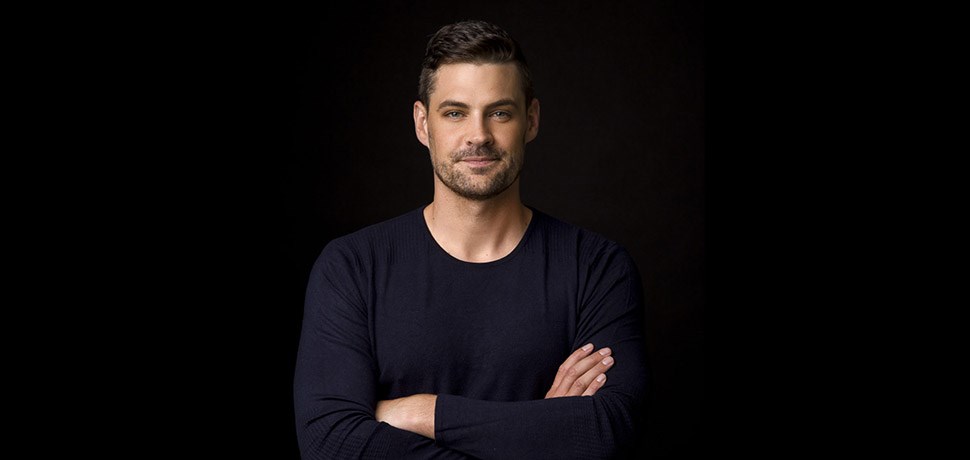
Since March 2020, we have all experienced a radical shift in the way we work. For some teams, the transition was effortless. For others, it was complicated and required overhauling management systems and styles. As we all settle into remote working, however, it’s important to review which styles of management best support remote workers to ensure accountability and productivity.
“Managers and leaders can’t keep trying to micromanage remote workers,” says Rapelang Rabana, founder of Rekindle Learning. “At the beginning of lockdown, many managers were calling their teams every hour to check that they were working. This level of control and hierarchy doesn’t result in great performance in an office setting, and it certainly doesn’t work with remote working. People want to be treated like adults – not like they’re trying to shirk their duties because they’re working from home.”
Be hard on principle and soft on people
By the second wave of the pandemic, many South African workforces had experienced the loss of a loved one or a colleague. Within this environment, work needed to continue, but the human elements of compassion and support started playing an increasingly important role in management styles.
Finding the balance between compassion and holding people accountable for their work has required a shift in mindsets, however.
The key is for managers to not let empathy and compassion stop tough conversations when they need to happen in the workplace. These conversations can be handled with kindness without being soft on principles – but they do need to happen.
“I believe that we are not quick enough in handling issues or being consistent with consequences,” says Jane Stevenson, a seasoned strategist, business coach, mentor and keynote speaker.
“When issues arise, we hope that things will miraculously fall into place,” she says. But things seldom disappear, and, if left alone, situations can spread toxicity to other areas – even via Zoom meetings. In fact, if your employees aren’t coming into the office each day, it can be even harder to ‘read the room.’
“If we are soft on principle, either because we don’t like dealing with conflict or because we ‘don’t have time right now’, it will come back to haunt us,” Stevenson warns.
“Be clear on expectations and set a culture that is hard on principle and soft on people, regardless of time constraints or your appetite to deal with it,” she advises.
Mature versus immature accountability
“Accountability is a word that we love to throw around but rarely ever explore for its true meaning,” says Erik Kruger, an executive coach and global speaker on Modern Leadership Performance. “My challenge to the leaders who I work with is simple: What does accountability look like in your team?”
According to Kruger, teams tend to fall into one of two categories: mature accountability and immature accountability.
Immature accountability is when people on the team feel like they are being policed. “This is not how adults want to be treated in the workplace, and yet it’s the default for many organisations,” says Kruger.
Businesses that relied on this type of accountability struggled when teams shifted into distributed workforces, because their mechanism for accountability was taken away overnight.
“Mature accountability, on the other hand, expects the team to hash out how they would like to be treated, how we will make sure that work is done, and of course, what the consequences are for not getting it done,” explains Kruger.
More importantly, mature accountability is not about catching people out but rather supporting them when they fail. “The starting point for the interaction is that we trust each other and will bring our best to the team. Therefore, if someone didn’t do what they were supposed to do, the first instinct is not to blame or shame but rather, to move forward with curiosity. Instead of “shame on you,” we say, “what happened?” Instead of “fix it,” we say, “how can we help?”
A critical element in this approach is accelerated feedback, which doesn’t rely on hierarchy, but instead encourages peer-to-peer feedback. “This can only happen in a team where everyone feels safe and secure,” says Kruger. “Employees need to believe that their leaders and their team members have their back and that the feedback they are receiving is coming from a genuine place of care. To encourage peer-to-peer feedback, place a high value on the integrity of your team. They won’t disappoint you.”
High-performing teams deliver better service
At Sasfin, we continue to support entrepreneurial businesses so that you can focus on your teams, instead of worry about your finances. Your people are your greatest asset, and helping them to navigate remote working while you build up a hybrid workforce for the future will ensure your organisation’s sustainability and adaptability.